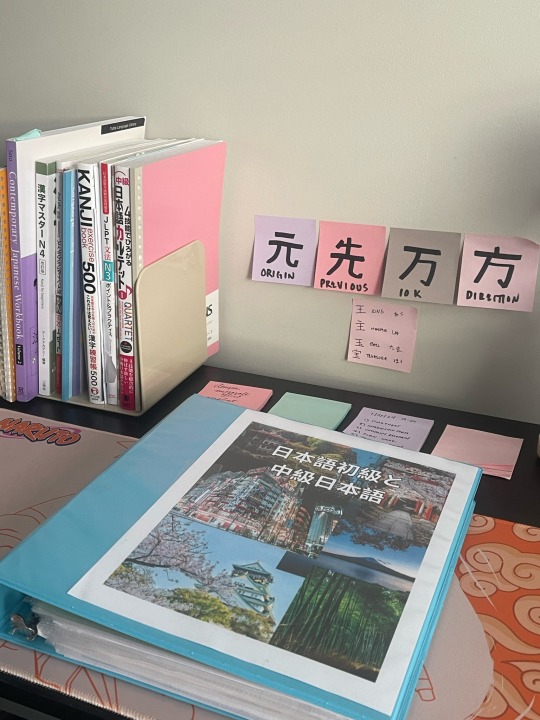#Japanese language blog
Text
の particle - colloquial questions
this way of asking a question is a little more informal than desu ka. it's great to use with friends and family but you wouldn't use it at a more formal, for example, with acquaintances or coworkers.
do you like milk?
牛乳がすきの?
gyūnyū ga suki no?

#japanese langblr#japanese language blog#edward elric#alphonse elric#fma brotherhood#fma#fmab#no i hate milk#i have that in common with ed#japanese learning#japanese language#japanese with anime#japanese grammar#japanese particles#japanese question particles#nihongo o benkyou#nihongo#勉強
40 notes
·
View notes
Text

@kikikokonihongo
🚦┌┘◎゙o(°꒳ °(°꒳ °๑ )]ᵇᵉᵉᵖᵇᵉᵉᵖ☁
🚧 ̄〇 ̄ ̄ ̄ ̄〇 ̄💨🏢🌳
Time for a #transportation test!
Do You Know #Japanese Vehicle #Vocabulary?
📝Find out with us!
▄▀▄▀▄▀▄▀▄▀▄▀▄▀▄▄▄▀▄▀▄▀▄▀▄▀▀▄▄▄▄▀▄▀▄▀▄▀▄▀▄▀▄
▀▄▀▄▀▄▀▄▀▀▄▄▄▄▀▄▀▄▀▄▀▄▀▄▀▄▄▀▄▀▄▀▄▀▄▀▄▀▄▀▄▄▄
Subscribe to the Electronic Mailing List of Tomorrow, Today! 👩💻今日に明日の電子メールリストをご登録してありがとうございます! ↳ ieindigoeast.com↲
#LetsNihonGO!!
#langblr#japanese langblr#japaneseblog#japanese#kiki#koko#learnjapanese#japan#japanese language#college#all ages#indie#learning#learn#langblog#japanese language blog#language#learn japanese#japanese language resources
3 notes
·
View notes
Text
🏫(๑꒪▿꒪)꒪▿꒪)イロハニホヘト♬ (の▿のヾ)⏲
Is rote memorisation as bad as they say?
📖Learn vocabulary
🗣️Listen to example sentences
🔬&take a closer look
-📚ー
📌𝐉𝐚𝐧𝐮𝐚𝐫𝐲 𝐉𝐚𝐩𝐚𝐧𝐞𝐬𝐞 𝐖𝐨𝐫𝐝 𝐨𝐟 𝐭𝐡𝐞 𝐖𝐞𝐞𝐤𝐝𝐚𝐲 𝐰//𝐐𝐔𝐈𝐙𝐁𝐎™【暗記】
ʀᴇᴀᴅ&ʟɪꜱᴛᴇɴ ʜᴇʀᴇ:
‐📝ー
(๑・ω・)[๑・▿・๑](・ω・๑)
Don’t worry if you haven’t yet memorised the vocabulary we’ve presented so far!
It takes several exposures to fully learn any vocabulary.
💖You can do it!
#japanese#japanese language#japan#learn japanese#kiki#koko#langblr#language#learnjapanese#japanese language blog#japanese langblr#language learning#languages#linguistics#How to learn#QUIZBO#Rote memorisation#hot take
0 notes
Text






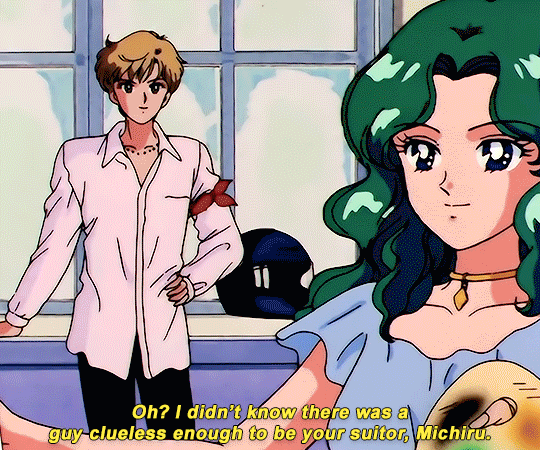

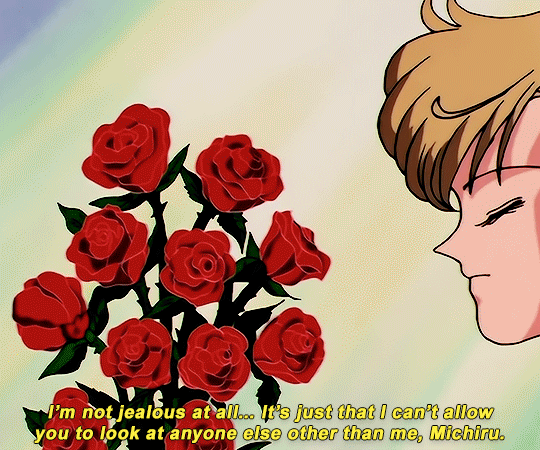
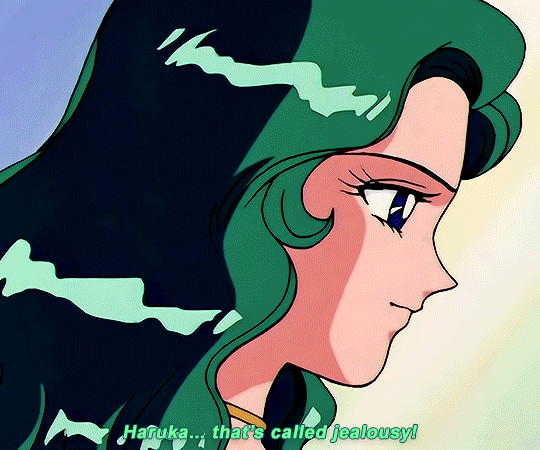
SAILOR MOON S: Episode 18 - 「芸術は愛の爆発!ちびうさの初恋」
#animeedit#sailor moon#sailormoonedit#oldanimeedit#harumichi#haruka x michiru#smedit#wlwedit#haruka tenoh#kaioh michiru#ep 107#bssm#bssmedit#pretty guardian sailor moon#bishojo senshi sailor moon#sailor neptune#sailor uranus#michiru kaioh#tenoh haruka#HI YES THIS BLOG IS ALIVE im trying to juggle trying to make gifs for this sideblog and the other fandom one lol#i had to change some of the translation bc the context was slightly wrong...#japanese is such a hard language to translate into english sometimes#also coloring anime is so difficult sometimes im really not used to it#especially old anime haha
640 notes
·
View notes
Text
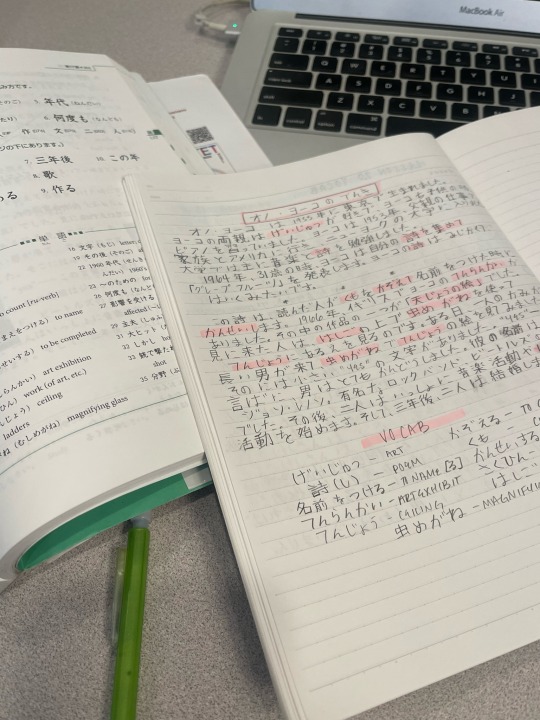
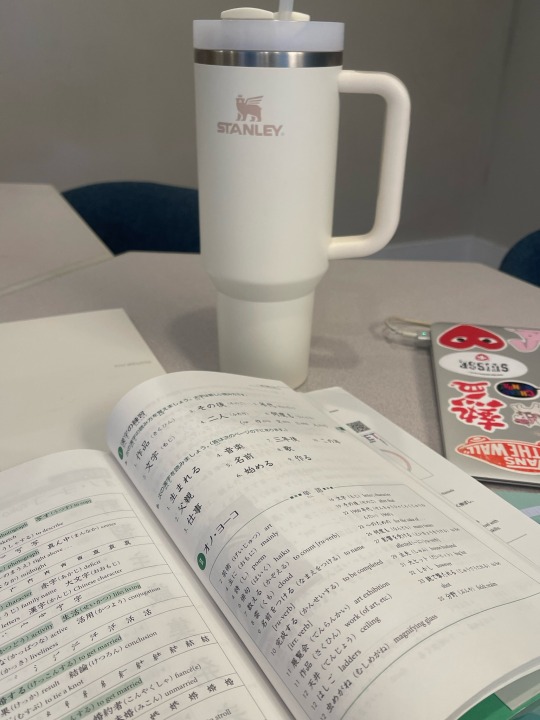
sunday studies 🕊️🍵📗
#studyblr#study blog#langblr#langblog#japanese langblr#japanese language#japanese#studyinspo#study motivation#study aesthetic#study desk#exam study#student blog#learning japanese#language blog#language learning#student life#studying
546 notes
·
View notes
Text
接続詞(せつぞくし)
conjunctions - words that are used to link phrases together
情報を加える // Adding information:
しかも besides
そのうえ moreover, on top of that
さらに moreover, on top of that
そればかりか not only that, but also...
そればかりでなく not only that, but also...
情報を対比する // Putting into contrast:
それに対して in contrast
一方 whereas
他の可能性・選択肢を言う // Giving alternatives:
あるいは or perhaps (presenting another possibility)
それとも or (presenting another option within a question)
結論を出す// Drawing a conclusion:
そのため for that reason
したがって therefore
そこで for that reason (I went ahead and did...)
すると thereupon (having done that triggered sth. to happen)
このように with this (adjusting a conclusion to the arguments given beforehand)
こうして in this way
理由を言う // Giving a reason:
なぜなら...からだ the reason is
というのは...からだ the reason is
逆説を表現する // Expressing a contradiction:
だが however, yet, nevertheless (contradicting what one would have expected)
ところが even so (spilling a surprising truth)
それなのに despite this, still
それでも but still (despite a certain fact, nothing changes)
説明を補う // Amending one's explanation:
つまり that is, in other words (saying the same thing using different words)
いわば so to speak (making a comparison)
要するに to sum up, in short
説明を修正する // Revising one's explanation:
ただし however (adding an exception to the information stated beforehand)
ただ only, however
もっとも however (obviating any expectations that might arise through the previous statement)
なお in addition, note that (adding supplementary information)
話題を変える // Changing the subject:
さて well, now, then (common in business letters after the introductory sentence; is often ignored in tranlations)
ところで by the way
#文法#grammar#conjunctions#japanese grammar#jlpt n2#japanese langblr#japanese language#language#japan#japanese#japanese vocabulary#langblr#linguistics#studyblr#study blog#studyspo#study motivation#study aesthetic#study notes#learning japanese#nihongo#日本語#日本語の勉強#light academia#light acadamia aesthetic
626 notes
·
View notes
Text

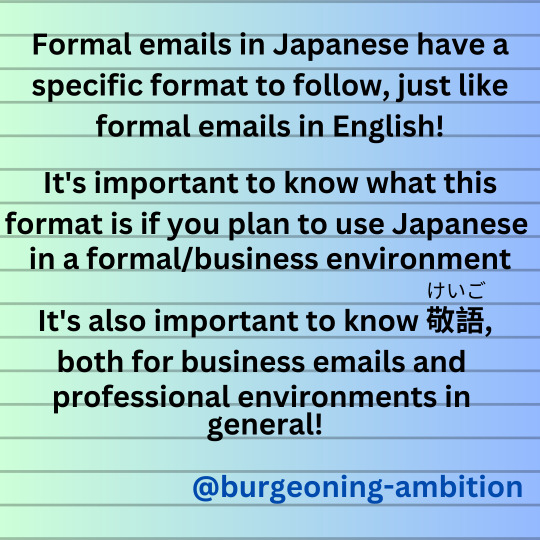
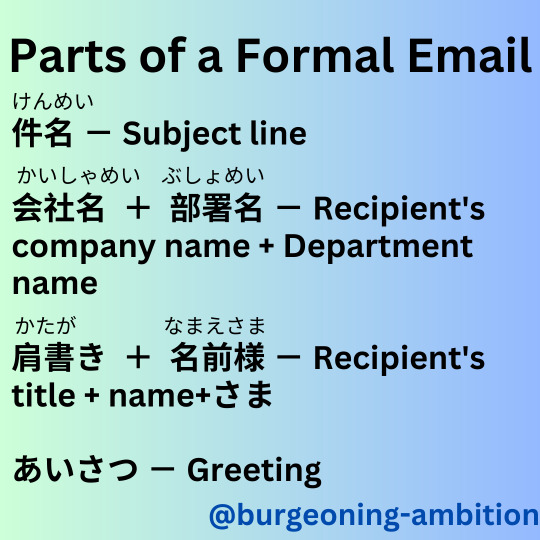

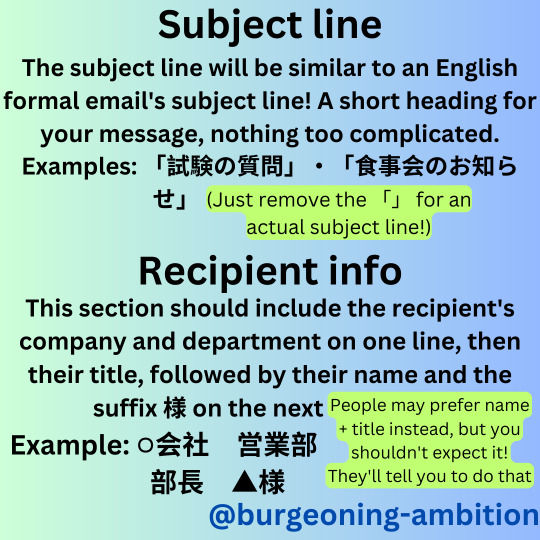

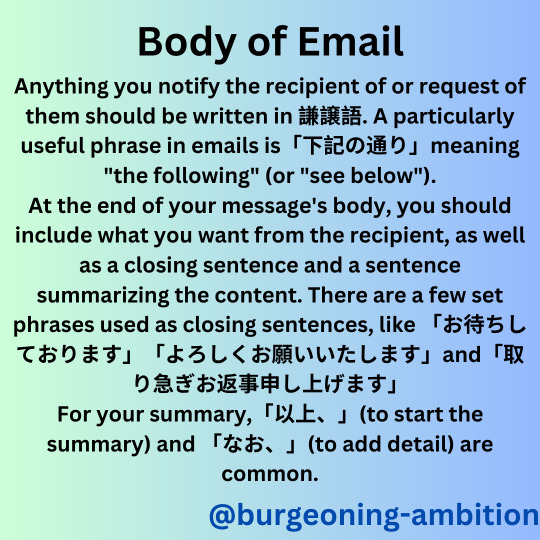
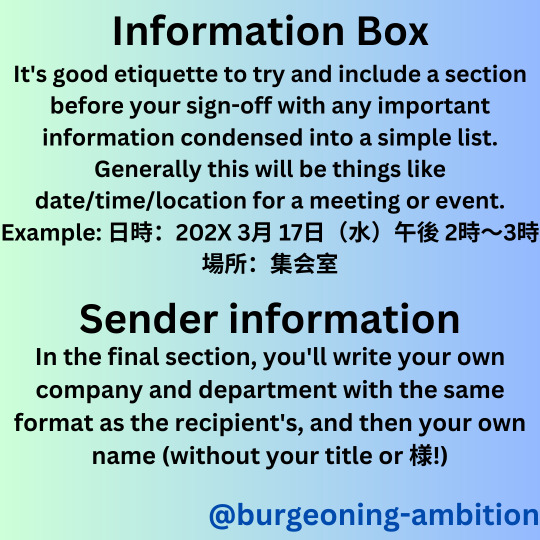
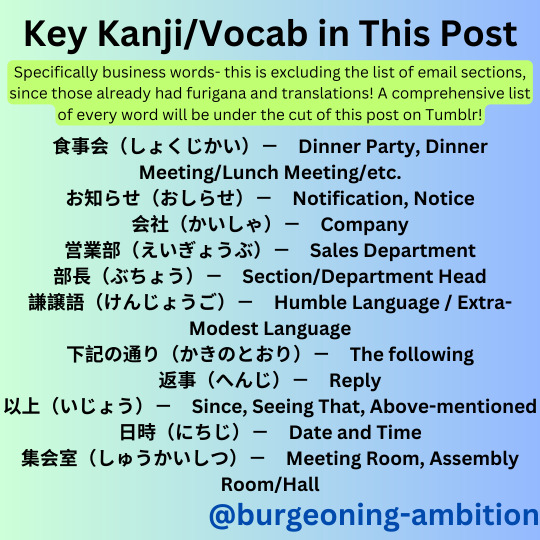
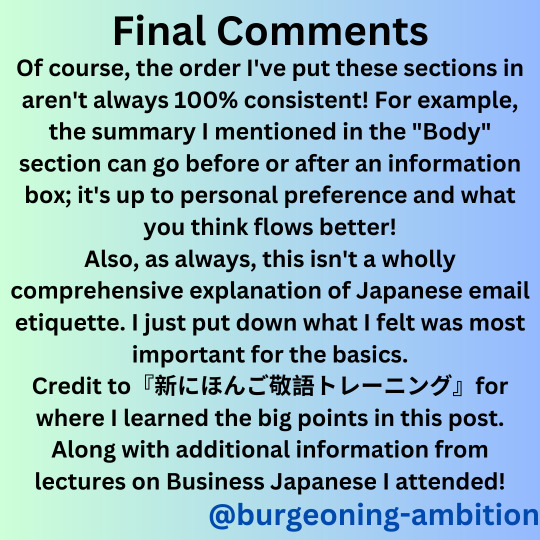
Business Japanese Review Part One: Emails!
I'm not sure how many posts I'll make about Business Japanese, but probably more than one so I say the part one is warranted, haha.
Feel free to add anything or any questions in the notes! Like I said, this isn't a fully comprehensive infographic. Also, what do people think of the lined paper style background for the title page/intro? I think they look kinda cute for the introduction, but not for the informative parts...
One thing I will add that I couldn't fit on the slides: I think some textbooks don't have super clear distinctions between 「謙譲語Ⅰ」 「謙譲語Ⅱ」 and 「ていねいご」, so I only specifically mention 謙譲語 broadly here. Parts of 謙譲語Ⅱ and ていねいご are both described as "extra-modest" in some things, for example! Just keep in mind that my post is a simplification, and if you're interested in formal language, maybe start at learning all of the different keigo categories and what they involve!
Vocab list note: The set phrases in the greetings and closings are all comparable to set phrases in English for greetings and closings of emails. I'm putting these set phrases in their entirety in the list, with a comparable English set phrase as the definition. Do not take these as equivalent phrases! They have a similar feeling, but I am not asserting that they have identical meanings. I'm just offering something comparable in case it helps a person make more sense of them!
The full vocab list + a transcript of the post is under the cut!
Vocabulary List
試験(しけん)- Exam, test
質問(しつもん)- Question
食事会(しょくじかい)- Dinner Party, Dinner Meeting/Lunch Meeting/etc.
お知らせ(おしらせ)- Notification, Notice
会社(かいしゃ)- Company
営業部(えいぎょうぶ)- Sales Department
部長(ぶちょう)- Section/Department Head
「いつもお世話になっております」 - This is a basic email greeting, similar to "Good afternoon" or "Hello, [name]" even though the meaning doesn't match at all!
「だんだん涼しくなってまいりました」 - Similar to "I hope this email finds you well"
さて - Now, Well, Then
謙譲語(けんじょうご)- Humble Language / Extra-Modest Language
下記の通り(かきのとおり)- The Following
返事(へんじ)- Reply
「お待ちしております」 - Similar to "Awaiting your reply"
「よろしくお願いいたします」 - Similar to "Thank you"
「取り急ぎお返事申し上げます」 - Similar to "Please get back to me soon"
申し上げます(もうしあげます)- To Offer, To Extend (thanks, congratulations, greetings, etc.), To Do, To State(謙譲語)
以上(いじょう)- Since, Seeing That, Above-mentioned
なお - Furthermore, In Addition
日時(にちじ��- Date and Time
午後(ごご)- PM (Time)
場所(ばしょ)- Place, Location
集会室(しゅうかいしつ)- Meeting Room, Assembly Room/Hall
#original post#japanese#japanese study blog#japanese langblr#japanese studyblr#language learning#langblr#studyblr#keigo#business japanese#japanese language
722 notes
·
View notes
Text
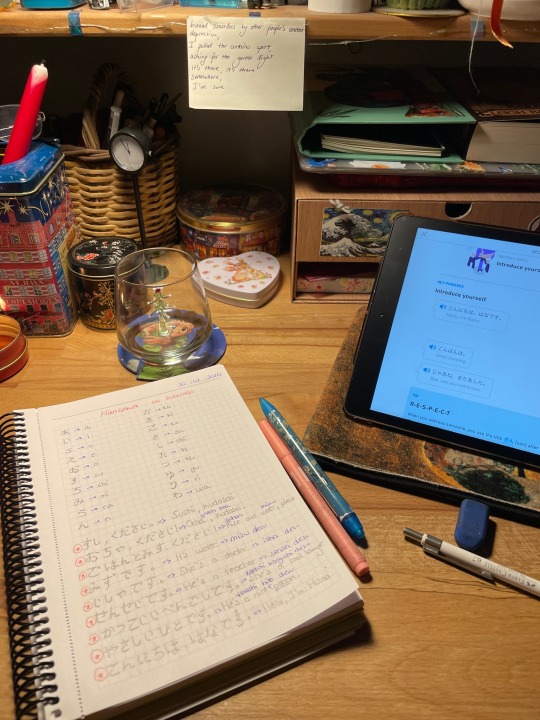
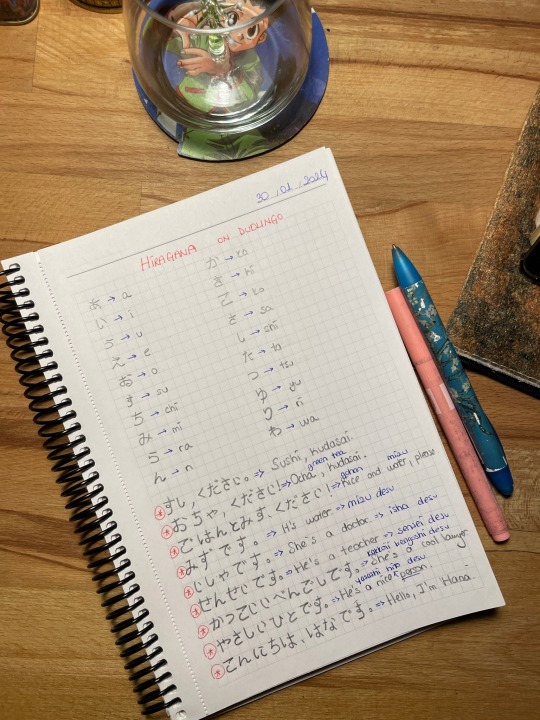
so… i have been learning japanese!!! my german course will start in a couple of months and i’m excited to keep learning it, however learning japanese is in my 2024 goals :] since i started japanese dramas, i’ve been interested in the language. for now i am just learning from and practicing on duolingo. i’m looking for (and have found) some free online books and i’m gonna start studying using them as well. i don’t know why but it brings me so much joy when i remember words or build sentences with what i know. i really hope i can improve my japanese :]
#studying#studyblr#studyspo#studystudystudy#study motivation#study blog#studygram#student#studyinspo#lunlunstudies#language lessons#second language#language learning#language#japanese language#japanese langblr#japanese learning#langblr
141 notes
·
View notes
Text
Nine People I'd Like To know Better
@alby-noted tagged me so I figured why not!
Last Song I Listened To: Too Sweet by Hozier or Pink Venom by Blackpink, I don't necessarily remember
Currently Watching: My Demon, Avatar The Last Airbender (Live Action), and I want to start watching Shogun and a Spanish tv show soon!
Sweet/Savoury/Spicy?: Savory and Spicy!!! (my favorite indulgent meal is spicy cheesey ramen!)
Relationship Status: about to hit 2 years with my man that I've been long distance with for the last...8 months? I love my boyfriend <3;
Current Obsession: watching study/productivity youtube videos, specifically studyquill, The Bliss Bean, Study To Success, Mikayla Mags, Lindie Botes, etc (and also being efficiently productive)
No pressure to anyone I tag! much love 🩷
@mystudyrecords @study-diaries @tokidokitokyo @gretheresa @zzzzzestforlife @slavic-roots-western-mind @winryrockbellwannabe @wonyoungismind @alcnek
I tagged people I'm mutuals with since I don't really know anyone here (besides maybe my accountability buddy zesty!)
#pink pilates girl#pink pilates princess#self development#wonyoungism#it girl#college studyblr#studyblr community#studyblr#japanese studyblr#spanish langblr#langblr#japanese langblr#college studyspo#language study#study motivation#study notes#study tips#studying#studyspo#language studyblr#study aesthetic#study blog#study community#study mood#that girl#pink academia#pink aesthetic#university student#uniblr#uni student
108 notes
·
View notes
Text
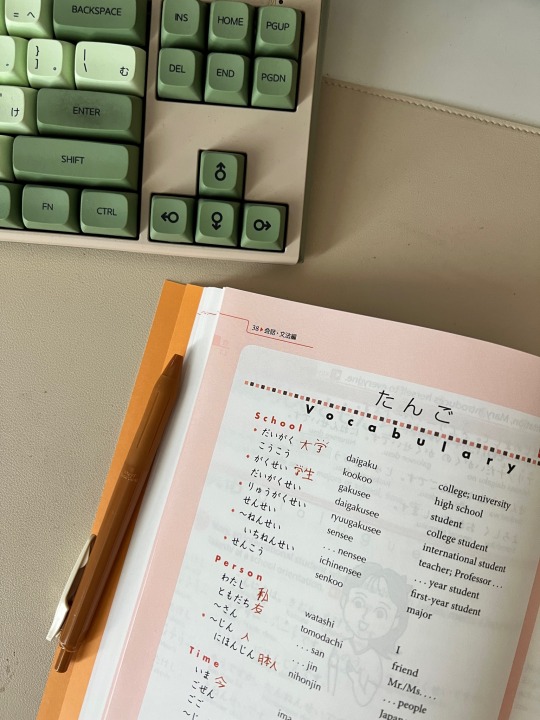
2023/07/21
now that my summer school is over, i’ve got two free days from work, so i’m picking up japanese again! my writing is abhorrent, so, sorry
#lupusmaxima#dark academia#bookblr#chaotic academia#brown#coffee#beige#literature#studyblr#classical literature#japanese#learn japanese#日本語学校#日本語の勉強#genki#langblr#language study#language blog#language learning
350 notes
·
View notes
Text
The 6 Differences Between は and が
DIFFERENCE 1
The important fact is AFTER は
• この犬は私のベットです。This dog is my pet.
You want to emphasize that this is not a stray dog. It is not someone else's pet dog. It is MY PET. So anything comes after は is the main part you want the listener to pay attention to.
The important fact is BEFORE が
• この犬が私のベットです。This dog is my pet.
You want to emphasize that THIS IS THE DOG that is my pet. Not other dogs. Imagine you're at a park and there are 3, 4 other dogs playing together with your dog and you want to tell your friend that THIS DOG is the one that is your pet dog, other dogs are not yours. So, what comes before が is the main part you want to tell the listener.
More examples:
• このケーキはおいしいです。This cake is DELICIOUS! (You want to tell your friend that this cake is indeed very good. Your emphasis falls on おいしい, so you use は, because the important fact is AFTER は.
• このケーキがおいしいです。THIS CAKE is delicious. (You want to tell your friend that among all the cakes on the buffet table, this particular cake you are pointing to is the most delicious one. Others are not good.) Your emphasis falls on このケーキ (THIS CAKE), so you use が, because the important fact is BEFORE が.
DIFFERENCE 2
New information and things that you mention for the first time, use が. Old information or topics that have been mentioned earlier but is now repeated again, use は.
• 学校にマイクという男がいます。There is boy named Mike in my school.
You started the conversation with your friend by saying there's a new student named Mike in the school. That is the first time you mentioned Mike. It is new information, therefore use が.
• マイクはアメリカ出身です。Mike is from America.
You mention Mike the 2nd time now and it is no longer a new information. It is considered old information, therefore use は.
DIFFERENCE 3
Stating facts without adding your personal opinion or judgment use が. By adding your own opinion or judgment, use は.
• 外に猫がいます。There is a cat outside.
You are just merely stating a fact that there is a cat outside. This sentence doesn't include your description about the cat. No personal opinion or judgment about the cat.
• あの猫は白いです。The cat is white in colour.
You are putting your description, your judgment into the sentence about the cat. When you are adding your own thoughts, opinion, description about something, use は.
• 日本の料理はおいしいです。Japanese food is tasty.
You are putting your opinion/judgment about Japanese food in your sentence, therefore, use は.
DIFFERENCE 4
When you make comparison, use は. When you eliminate other options, use が.
• お茶は好きですが、コーヒーは好きじゃありません。I like tea but I don't like coffee.
DIFFERENCE 5
If two actions are done by the same person, use は. If two actions are done by two different persons, use が first, then use は for the second action.
• 私はごはんを食べるとき、テレビを見ます。I have my meal and I am watching TV.
• 私がごはんを食べるとき、父はテレビを見ます。When I have my meal, my father watches TV.
DIFFERENCE 6
To modify a phrase into a noun, use が.
• これは彼女が作ってくれたケーキです。
What cake is this? This is the cake that is baked by my girlfriend. The phrase 「彼女が作ってくれた」 is to modify the cake, to describe about the cake.
Quiz Time
• 部屋は広いです。
• 部屋が広いです。
In English, both sentences mean "The room is spacious." But what is the difference?
In 部屋は広いです, it shows a comparison contrast nuance (read DIFFERENCE 4). If you say this, the listener will believe that you are making a comparison of this room with all the other rooms in the house. You want to say this room is spacious, whereas the other rooms are smaller in size.
In 部屋が広いです, you are merely stating a general fact about this room being spacious (read DIFFERENCE 3). You are not making any comparison. Your sentence has no added personal judgement or opinion. You are stating a fact about the room being spacious.
#japanese#nihongo#studyblr#study blog#study japanese#study motivation#learning#learn japanese#language#grammar#jlpt#jlpt n5#jlpt n4#jlpt n3#jlpt n2#jlpt n1
141 notes
·
View notes
Text
🌿~ ている form - continuous actions 🍂 🍁
Just one of the many ways you can use the - te iru form in japanese is for continuous actions or actions that are ongoing. It can give your sentences a softer and less definite feeling which can often be more natural :)
For example:
自然 に 歩き回ている は 安らか ですね。
shizen ni arukimawateiru wa yasuraka desu ne.
wandering in nature is very peaceful.




#japan aesthetic#japanese langblr#japanese language#nihongo#japanese learning#nihongo o benkyou#japanese grammar#勉強#japanese language blog#moomin art#moomins#snuffkin#snufkin moomin#snufkin#moomin aesthetic#moomin#snufkin and moomin#teiru form
48 notes
·
View notes
Text

ー @kikikokonihongo
📚(๑・ω・)・ω・)✐🖼️📏(ര▿ര๑)📚
Today’s #vocabulary will go from
💫曖昧⇒👌明瞭
🗣️w/ QUIZBO™’s #pronunciation
📝our helpful hints
🎧&example sentences!
◤━━━━━━━━━━━━━━━━━━━━━━━━━━━━━◥
◣━━━━━━━━━━━━━━━━━━━━━━━━━━━━━◢
Subscribe to the Electronic Mailing List of Tomorrow, Today!
👩💻今日に明日の電子メールリストをご登録してありがとうございます! ↳ ieindigoeast.com↲
#LetsNihonGO!!
#langblr#japanese langblr#japaneseblog#japanese#kiki#koko#learnjapanese#japan#japanese language#college#all ages#indie#learning#learn#langblog#japanese language blog#language#learn japanese#japanese language resources
3 notes
·
View notes
Text
( ु⁎′ᴗ,ᴗ`⁎)ु.。o꒰How do I make the most of my Japanese study time?꒱
📝𝓣𝓪𝓴𝓮 𝓝𝓸𝓽𝓮 of these Helpful Hints on how to make the most of your revision!
-📚ー
📌𝐉𝐚𝐧𝐮𝐚𝐫𝐲 𝐉𝐚𝐩𝐚𝐧𝐞𝐬𝐞 𝐖𝐨𝐫𝐝 𝐨𝐟 𝐭𝐡𝐞 𝐖𝐞𝐞𝐤𝐝𝐚𝐲 𝐰//𝐐𝐔𝐈𝐙𝐁𝐎™ 【ノートを取る】
ʀᴇᴀᴅ&ʟɪꜱᴛᴇɴ ʜᴇʀᴇ:
‐📝ー
(๑・ω・)[๑・▿・๑](・ω・๑)
Even in the digital age, handwriting couldn’t be more important!
Learn vocabulary w/
🗣️QUIZBO™’s pronunciation
📻Helpful Hints
🎧&example sentences!
#japanese#japanese language#japan#learn japanese#kiki#koko#langblr#language#learnjapanese#japanese grammar#japanese language blog#japanese langblr#langblog
1 note
·
View note
Text
This might be a very niche take but I think we should take people's reasons for learning a language in mind when suggesting how they go about it
I've seen people in a lot of Japanese learning communities tell other to never watch fantasy anime (or anime at all sometimes) or read anything that's not slice-of-life or actual literature because "people in real life don't speak like that"
And while, yes, that's true, native Japanese speakers do not generally speak like anime characters, uhhhh... The probability of me watching a fantasy anime in the course of a month is significantly higher than the probability of me going to Japan in the next five years. So understanding anime character speech is in fact more relevant to me than, idk, business lingo
And, I don't think that's a bad thing personally? Learning a language because you want to better understand content you find fun is just as good a reason as learning it to live in the country where the language is spoken, and it's fine and reasonable to adjust your learning strategies according to your personal goals
#japanese language#japanese langblr#langblr#language learning#language#langblog#learning#learn japanese#studying#adhd study#study blog#studyblr#discourse#hot take#日本語#日本語勉強
1K notes
·
View notes

